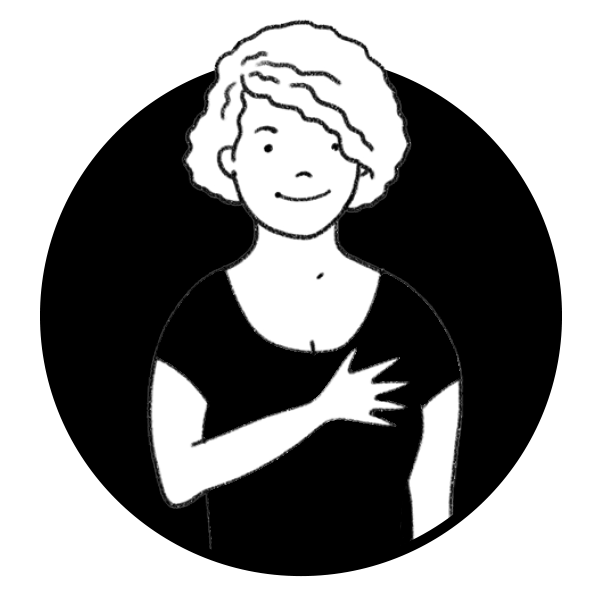Here at Qual Street, we’re starting to think about doing face to face fieldwork again, reflecting on what we’ve missed and how much we rely on our 5 senses and direct experience to understand in an embodied way. We’re looking forward to having some of that again.
It’s also got me thinking about ethnography… and one of my favourite ethnography books ‘The Comfort of Things’ by Daniel Miller, a beautiful study of a number of ‘ordinary’ people on a London street. Oh how I wish I had done that fieldwork and written that book!
It’s one of those books that made an impression and has stayed with me over the last few years. Partly because it’s so well written. It could almost be a piece of creative writing, he’s so skilled at painting vivid and fascinating characters. So don’t be put off thinking it’s a dry, academic read. It really isn’t.
It was also a book that nudged me towards acceptance of being a market researcher and part of the capitalist system (giving away my left leanings there). The Comfort of Things encourages you to think about possessions as objects with meaning and that, as humans, making meaning is something we absolutely need to do. Admittedly, most of us have too many things and I’m constantly battling with the accumulation of stuff in our house and how to get it to a more manageable level. I got some comfort about things from reading this. But also a sense that I should curate more and think about what I really really want. I suppose it’s encouraging me to be a more conscious consumer which has to be a good thing.
Each chapter deals with a different character/ house on the street. It shows us how our ‘things’ are not just a signal to others but also to ourselves. We tell ourselves stories about who we are and what matters to us through the decisions we make about what stuff is around us, what we collect, what we get rid of, what we cherish. And those objects that people are attached to can sometimes have an energy and life of their own when seen through the eyes of the owner. Their relationship with these objects can tell us about their important human relationships, past and present.
And that reminds me of one of the reasons I love ethnography and anthropology – the elevation of the everyday and the micro to something of meaning, sometimes profound understanding of what it means to be human.
It also suggests we might not want to be too nostalgic for a pre-consumerist past, because maybe our material culture isn’t corrupting us in the way we might think. Are we in fact more superficial or more materialistic? Something to ponder…
The street in London where the fieldwork was conducted was meant to represent a bunch of ordinary people, but they are anything but ordinary. It reminds me that if you look closely enough, wait patiently enough and allow people to reveal themselves, everyone is uniquely intriguing. But herein lies a slightly unnerving sense that in this street there is no community. Something I recognise from my own time living in London. It’s unusual to say the least for an ethnography not to be rooted in community.
My take on this is that Miller is trying to demonstrate that the ethnographic method compares well to a psychological approach in uncovering human truths. The book’s structure reminds me of Susie Orbach’s ‘The Impossibility of Sex’ and Irvin D Yalom’s ‘Momma and the Meaning of Life’. Both books dedicate one chapter to a different patient (fictionalised of course) whom they had come to know through the therapeutic relationship. Somehow it feels intentional that Miller hasn’t tried to portray a community, but rather individual microcosms, inviting the comparison between anthropology and psychology. I think that was a brave thing to do and, I know I’m a bit biased here, shows a less obvious and more intriguing way of getting at someone’s identity, their values and beliefs and what makes them tick, than the therapist’s chair.
Review by Claire Thomas



